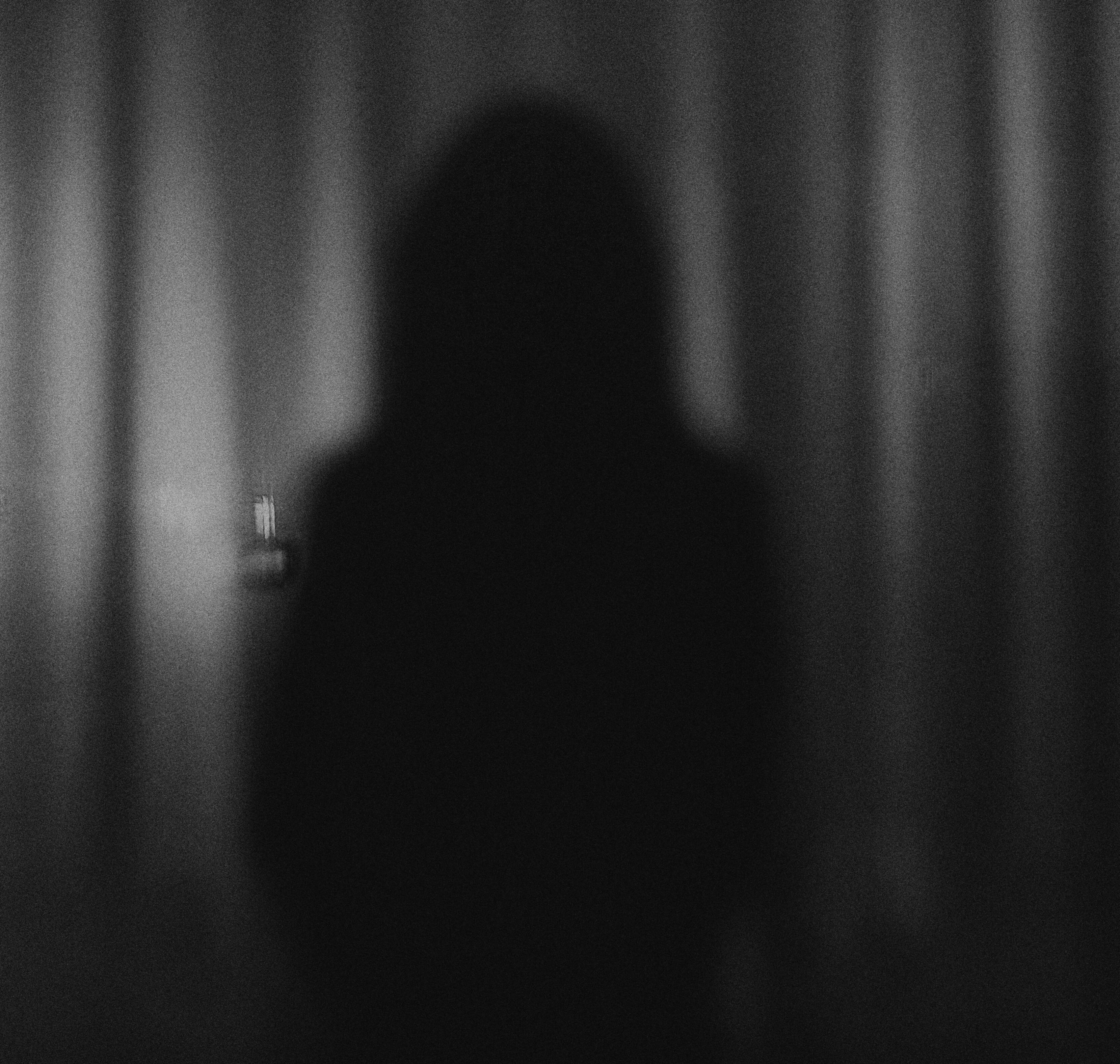Headspace
Tips to help you sleep better

If you’re part of the one-third of the population who is still tired when they get out of bed in the morning, Headspace has compiled 15 science-backed tips to help you get a better night’s sleep. Did you know, for instance, that a cool and dark room is not only how some people prefer to sleep, but it actually leads to better sleep? Or how about that those surrounded by clutter are more likely to have a sleep disorder? Sleep is important for both your health and your executive function, so read this article for suggestions to help you sleep more soundly each night.


